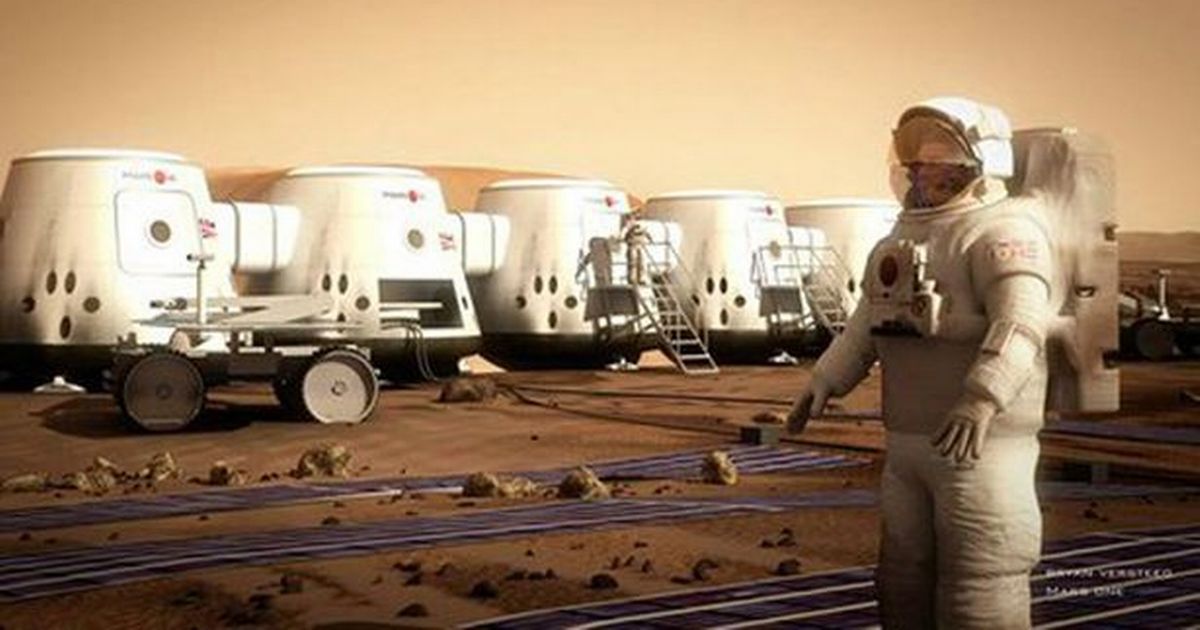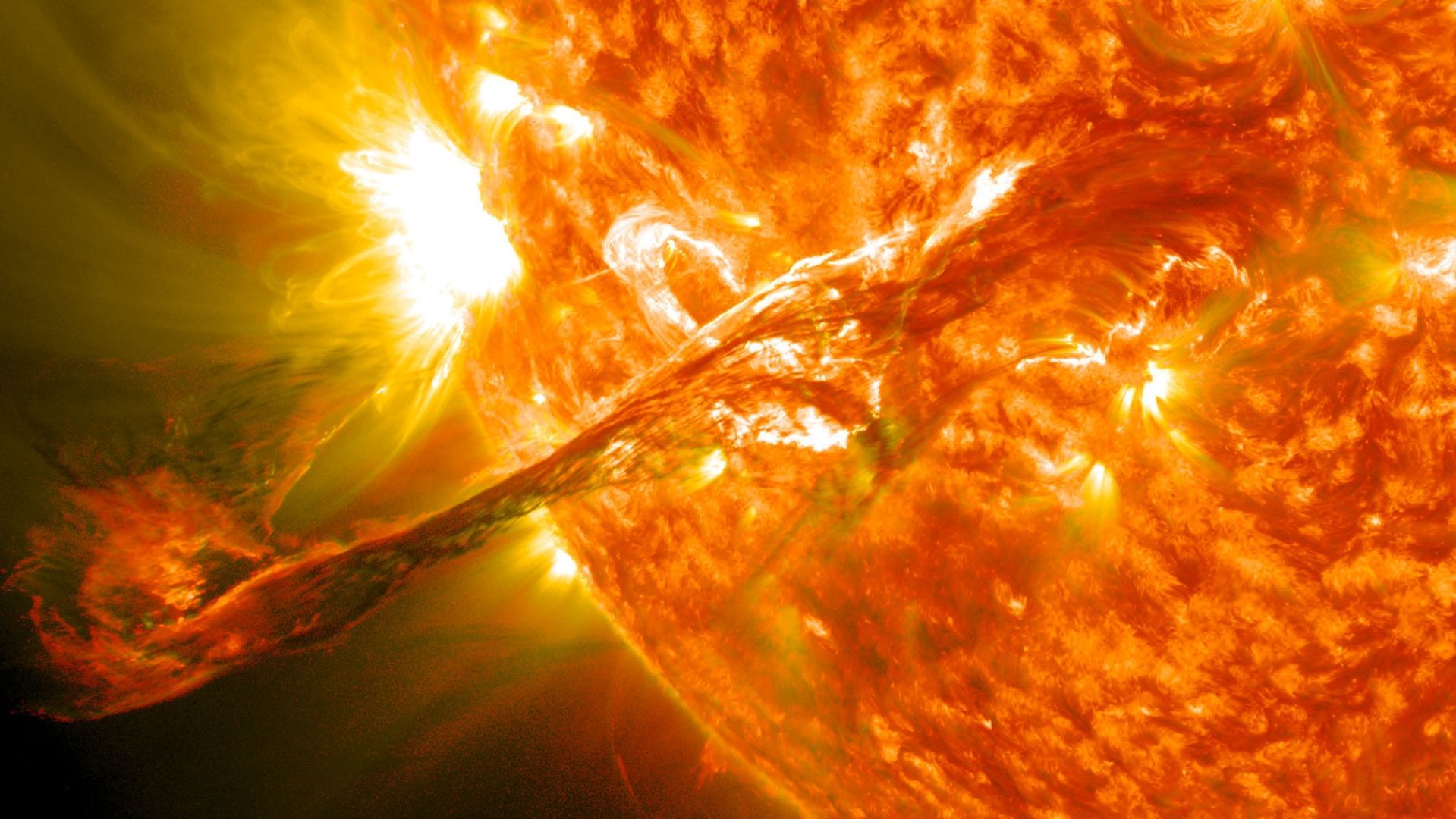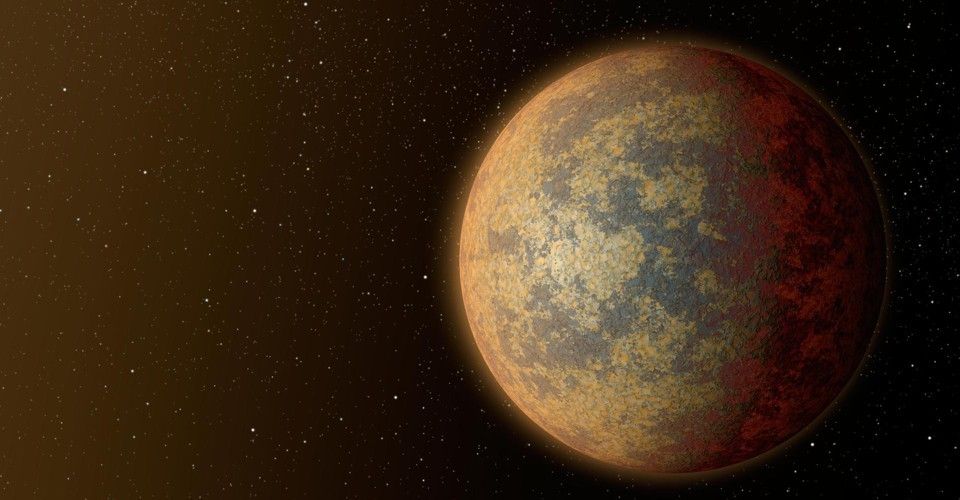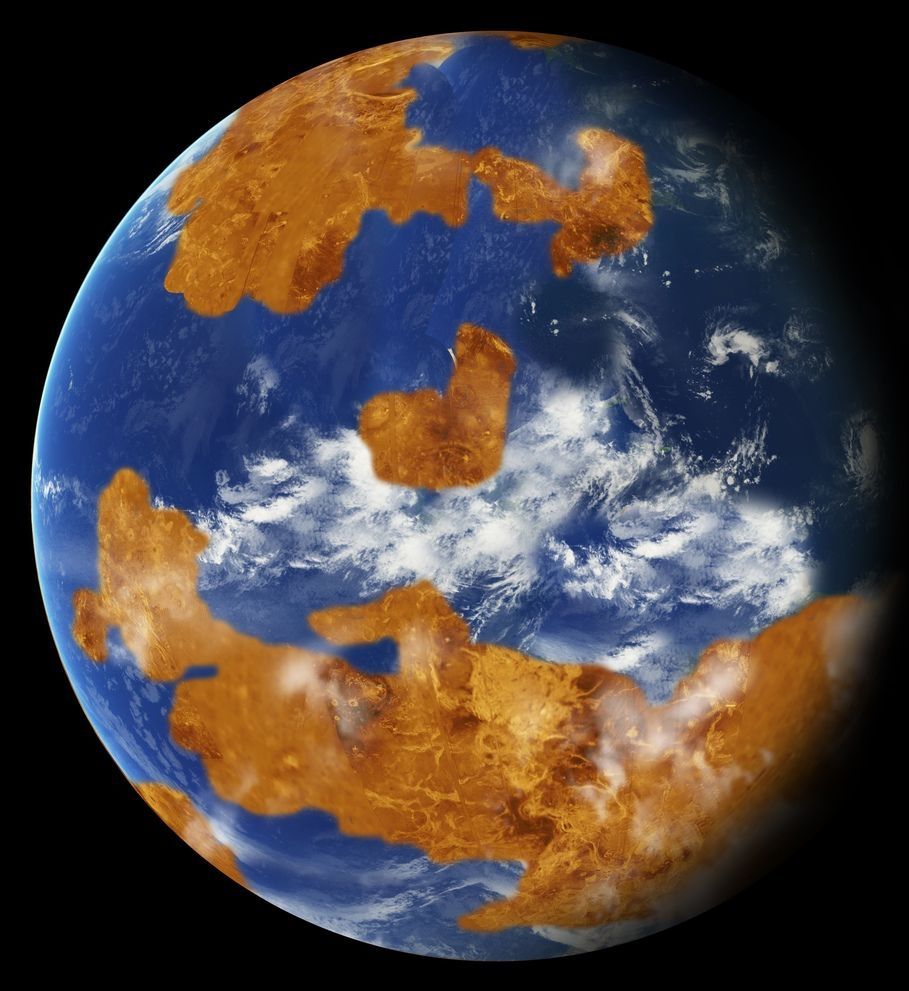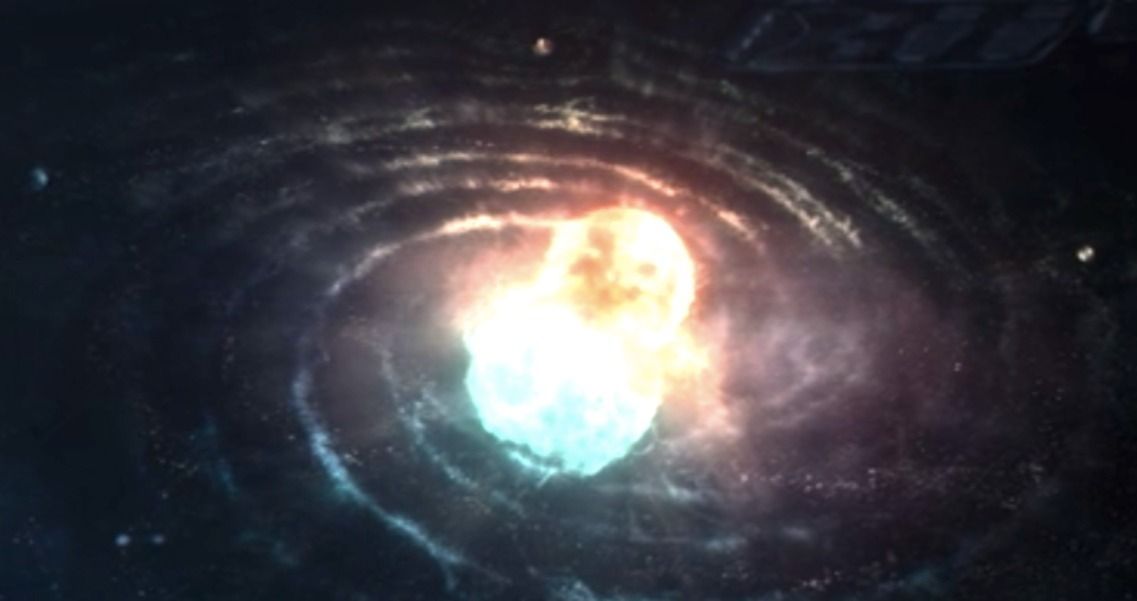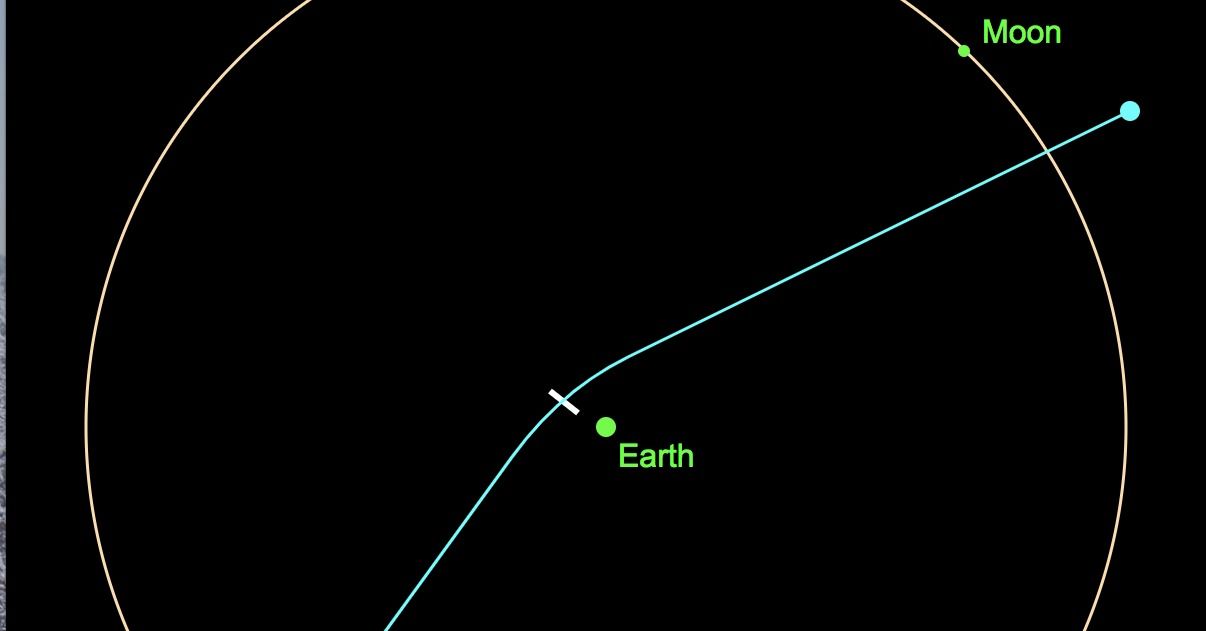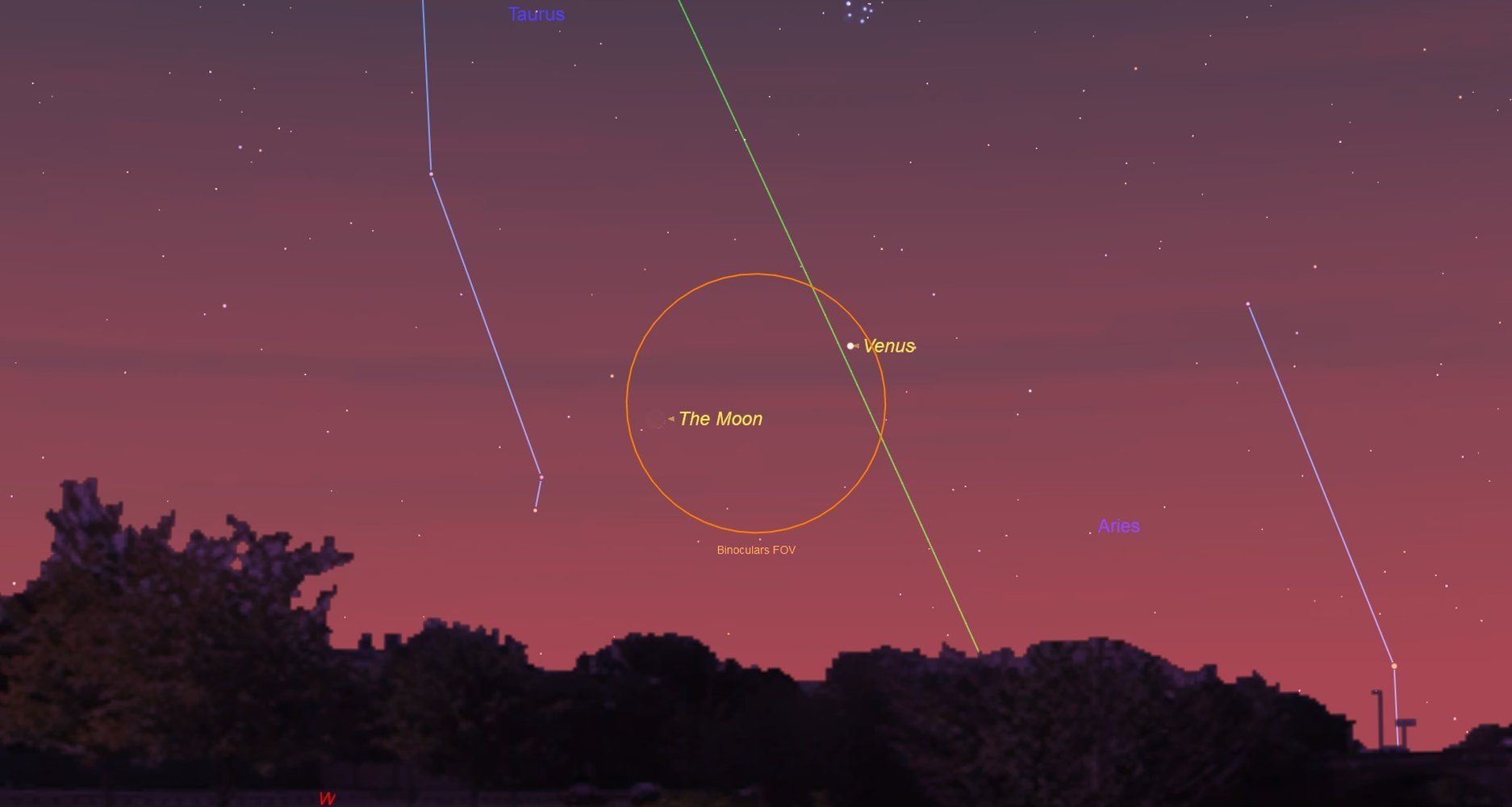Giant plasma “tornadoes” raging across the surface of the sun don’t actually spin like astronomers once thought, new research shows.
Massive solar tornadoes, formally known as tornado prominences, which were first observed about 100 years ago, seemed to bear a striking resemblance to tornadoes on Earth. These gigantic structures — each one several times the size of Earth — are made of hot, flowing gas and tangled magnetic field lines, ultimately driven by nuclear reactions in the solar core.
However, using a method known as the Doppler effect, scientists have precisely measured the speed of the moving plasma, as well as its direction, temperature and density, revealing that twisters on the sun do not rotate like earthbound tornadoes do, according to a statement from the European Week of Astronomy and Space Science (EWASS) conference. [Secrets of Sun Super-Tornadoes Revealed (Gallery)].

